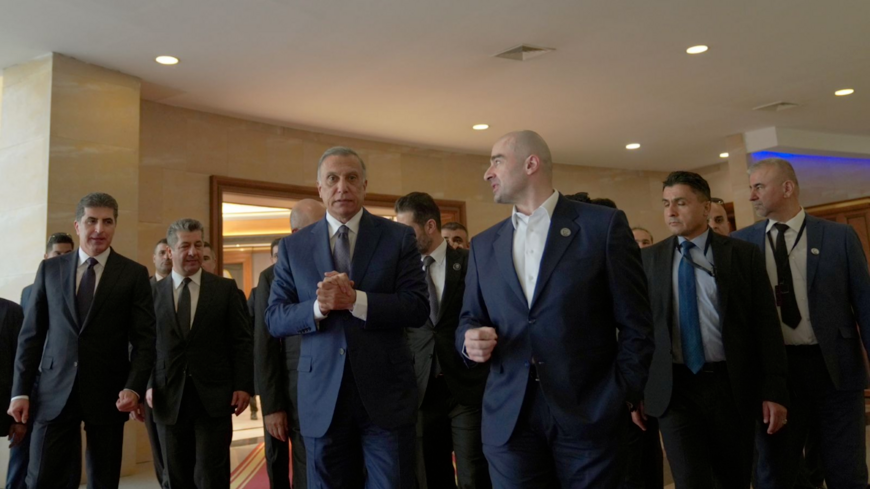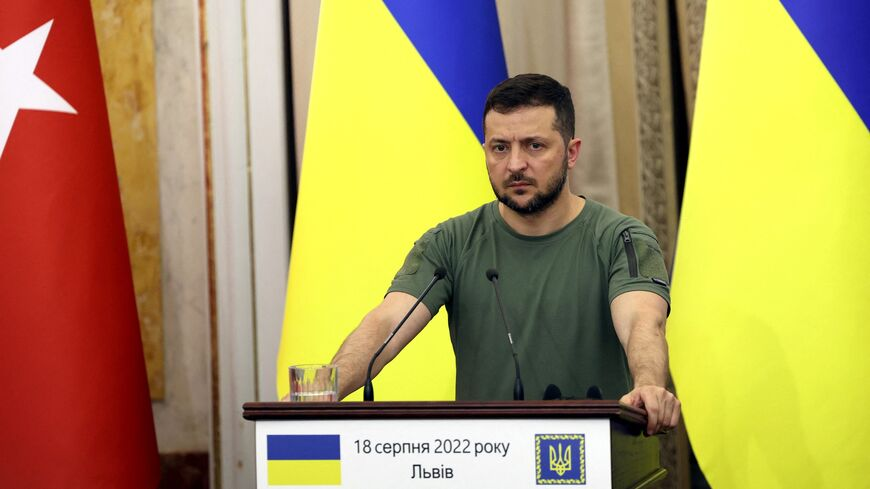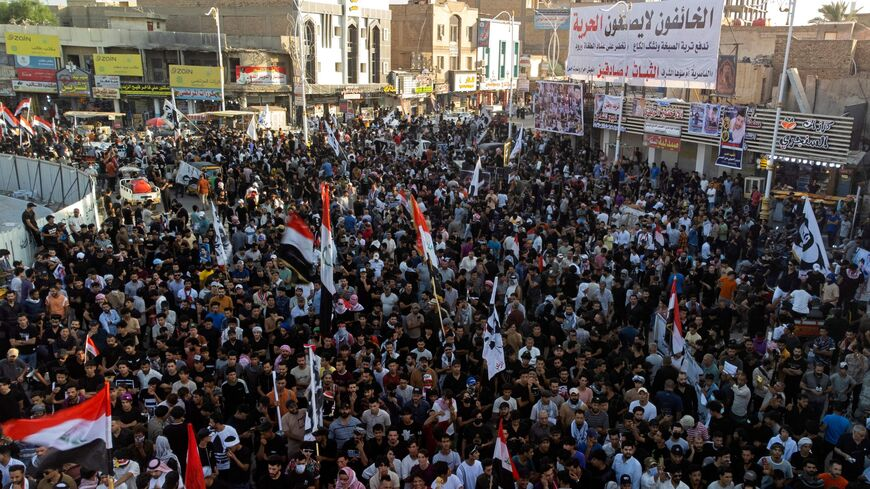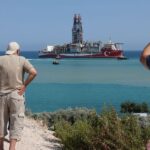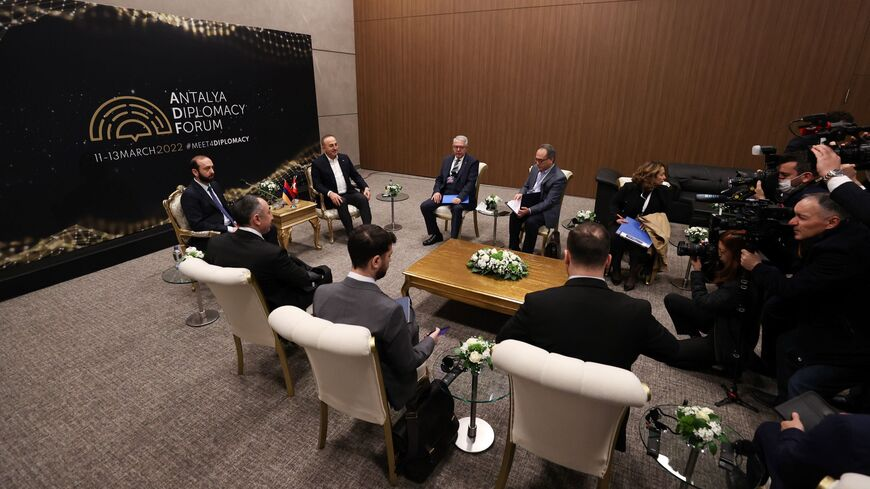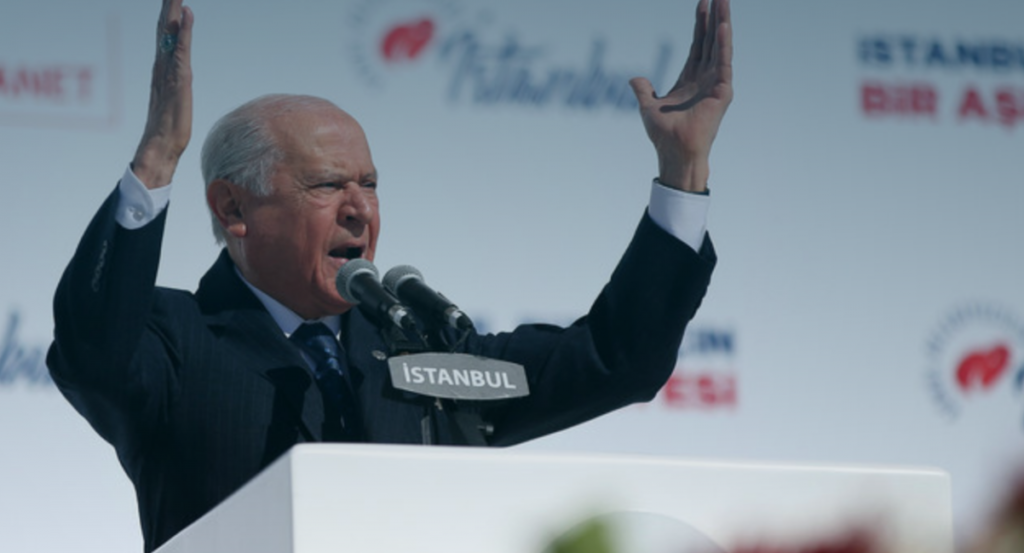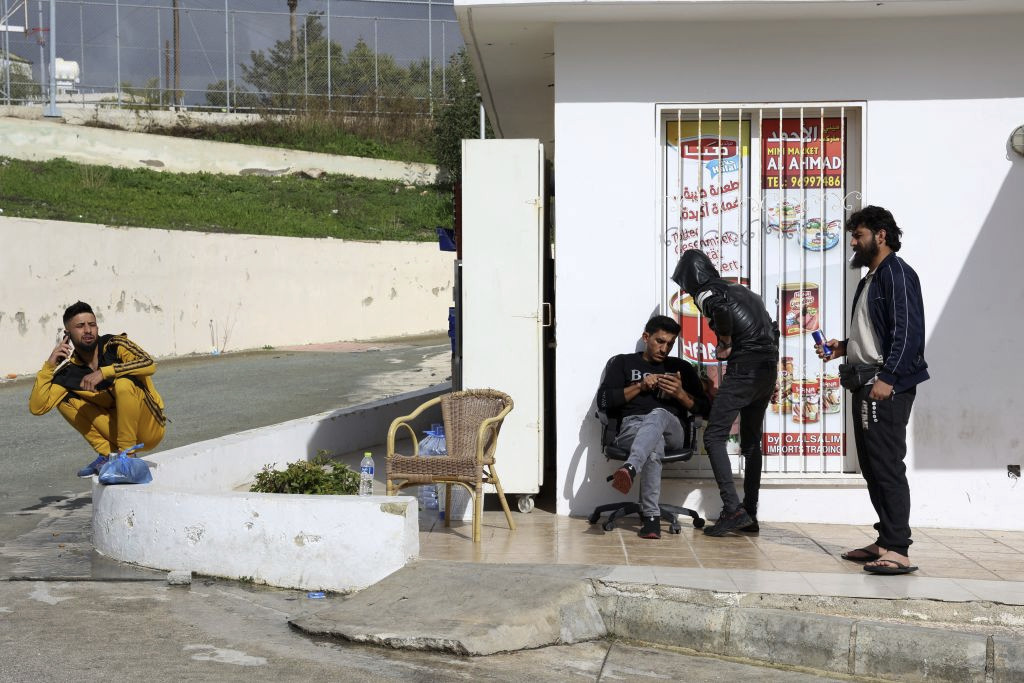Russian warplanes bomb FSA camp in Syria’s Idlib
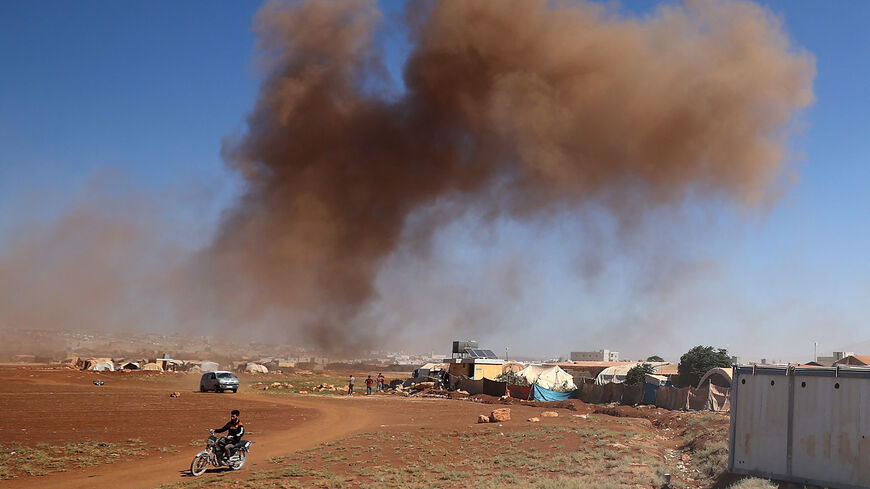
As Syrian and Russian attacks escalate in Idlib, the FSA-affiliated Jaysh al-Izza denied Russian reports that an airstrike at one of their sites in a displaced camp in the north killed some of their commanders.
Syrian government forces and Russia have recently renewed their ground and airstrikes on Idlib province in northwestern Syria.

